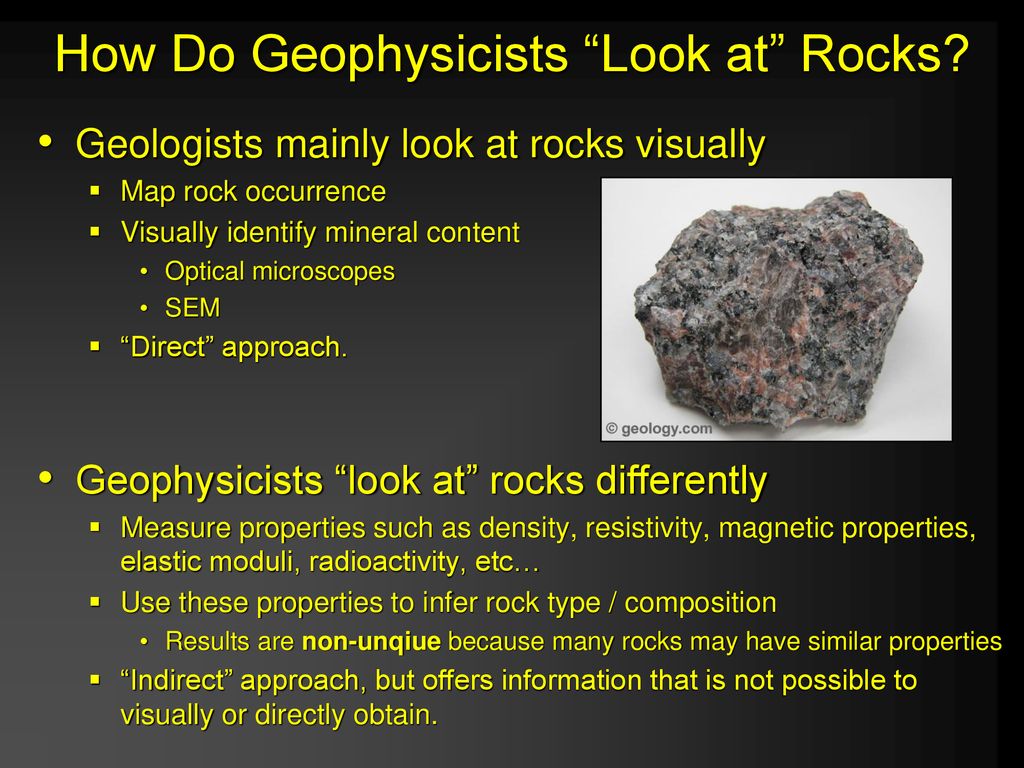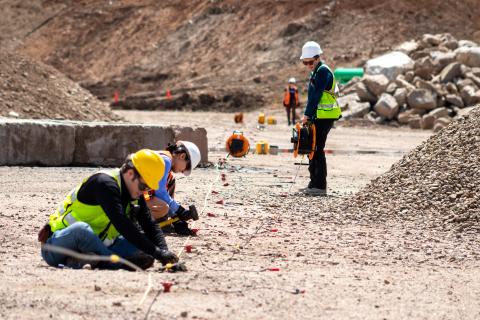All Categories
Featured
Table of Contents
About Environmental Geophysics in Lynwood Aus 2020
This work is significantly contracted out, so consultancies supply another source of employment. Consultancy companies vary in size, from very small companies to large multinationals. Some consultancies are rather specialised in using specific geophysical strategies or operating in particular areas, while others use a more diverse variety of services to their consumers.
The extraction of gas from landfill websites is another area of work and this may grow in the future. Exploration companies may undertake work for building companies, public utility, mining business and ecological companies, so geophysicists might be utilized in any of these settings. Other employers include: geological surveysgovernment bodies and agenciesuniversities and research institutes.


Vacancies might be noted in the oil and gas sector press. Recruitment is impacted by oil cost fluctuations and the level of competition for positions varies depending on this. Professions Days, which cover the complete variety of geoscience careers and are normally attended by a number of essential industry employers, are run by The Geological Society.
Job Profiles : Geophysicist Physics in Mundijong Oz 2023
A few of the large oil and gas companies provide a complete two-year structured training program across the breadth of geophysics, consisting of the opportunity to experience operate in various groups prior to specialising in one area. Your training may include deal with: existing wellsmagnetic and gravitational potential field data analysisresearchrock analysis. It's more normal for your initial training to be provided on the job.

There might be a probationary duration during which you work alongside an experienced colleague. Competency-based appraisals take location regularly in most companies. In smaller companies, and for academic posts, there is unlikely to be any formal training - you'll be expected to start work straightaway and get abilities as you go along.
If you work for a smaller company, you may find that you require to take responsibility for organizing and funding your own development and training. If you have a geology degree, membership of The Geological Society can be useful for networking and for maintaining to date with the market.
Career Opportunities In Geology in Woodvale Oz 2022
You might also discover it beneficial to join the PESGB (The Petroleum Expedition Society of Great Britain, which has a geophysics unique interest group. After a probationary duration, and as soon as you've gained some experience, you could progress to senior geophysicist, then group leader and then into a senior role in management.
The ease of movement in between functions depends upon the business structure. Study at Masters or Ph, D level in a subject related to geophysics or geosciences might assist with your career development and progression. The work market within the oil and gas industry is very reliant on rate and this may impact your chances for profession progression.
For experienced geophysicists, freelance consultancy offers a great route for profession advancement. As a geophysicist, you're likely to have numerous jobs throughout your working life.
Geoscientist - College Of Science in Tapping Aus 2021
From geophysics, it's possible to focus on seismology (completing additional training to end up being a seismic interpreter) or to move into related locations such as engineering geology or threat prediction.
Deciding what to study in college is a tough option. Even if you know that your field of interest lies in science, what program of research study is right for you?
The very first step to accomplishing your objective of becoming a geophysicist is earning a degree. Even for entry-level positions in the field of geoscience, you'll require a bachelor's degree (a geophysicist college degree) from a certified college or university. Some research study positions need prospects to hold master's degrees or even Ph.
How To Become A Geologist Or Geophysicist in Wattleup Western Australia 2022
Doctoral degrees are especially important if you prepare to teach at a four-year organization. Geophysicists apply physics concepts and strategies to study the gravitational, magnetic, and electrical fields of the earth. This advances researchers' knowledge of both the world's interior core and its surface area. Geophysicists need to have the ability to: examine rocks, pictures, and other pieces of data perform research both in the field and in labs create maps and charts of their findings compose reports To achieve all this, trainees need a specialized education for geophysicist professions.
As mentioned above, you'll need a bachelor's degree in geoscience or a related discipline, such as a physical science or a natural science, to land an entry-level job. However trainees can also prepare by majoring in subjects like: Biology Chemistry Computer technology Engineering Mathematics Physics The above geophysicist majors offer a more generalized approach to a single scientific discipline, but many programs need students to take one or more geology course.
Latest Posts
Geophysicist Job Description in Guildford Aus 2023
Marine Geophysical Surveying - in Maddington Aus 2023
Geophysical Survey - Suffolk Heritage Explorer in Millendon WA 2023